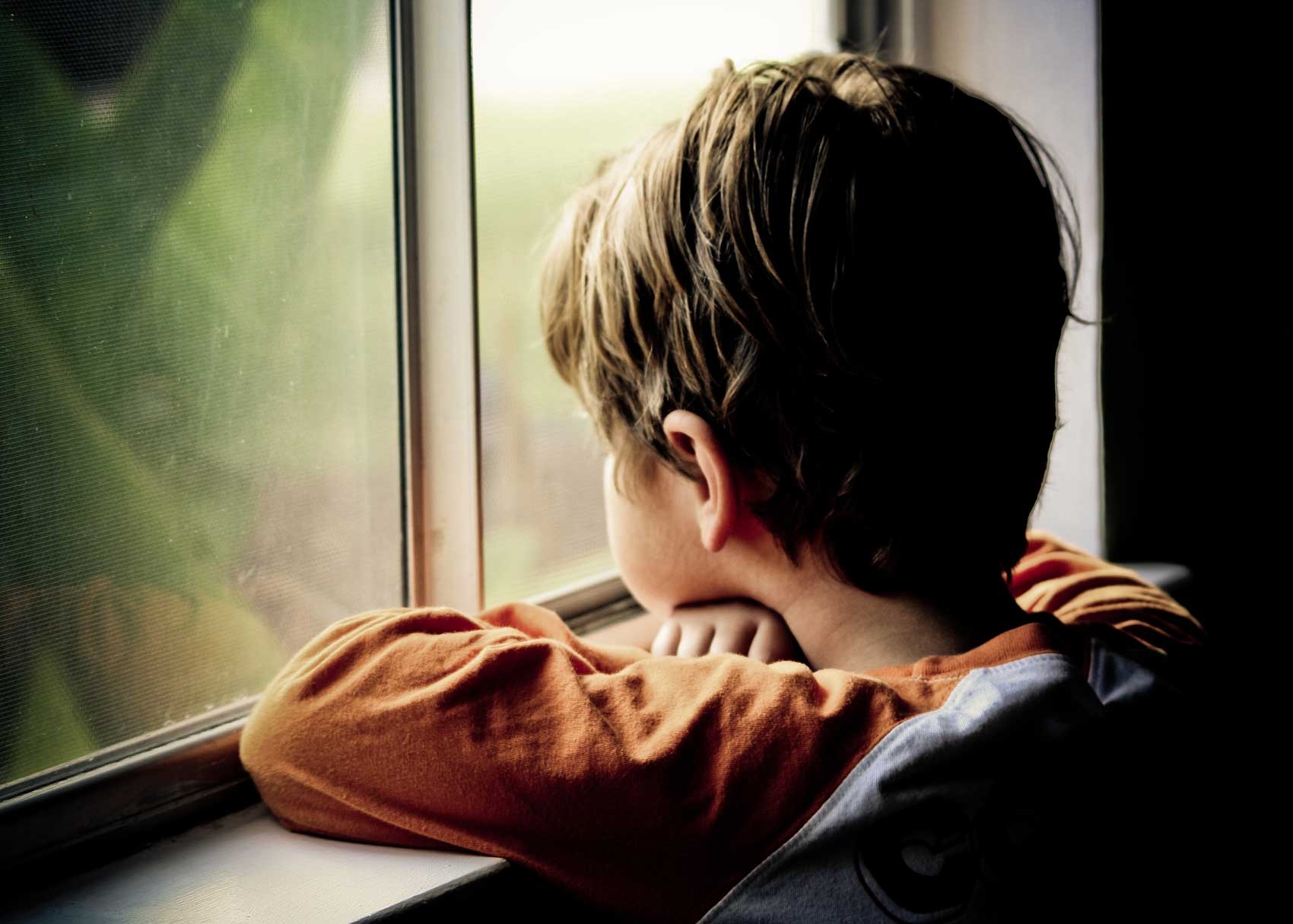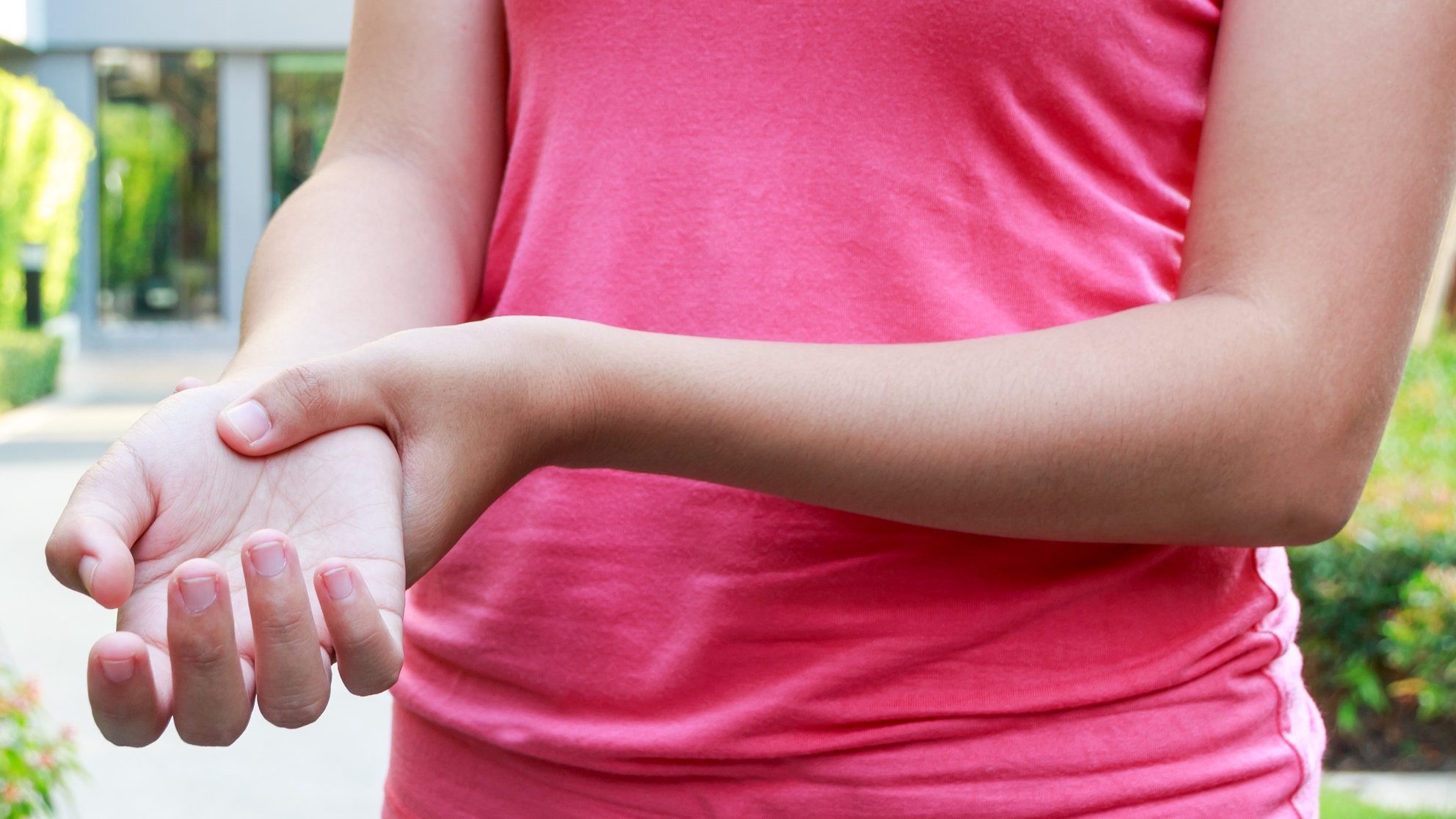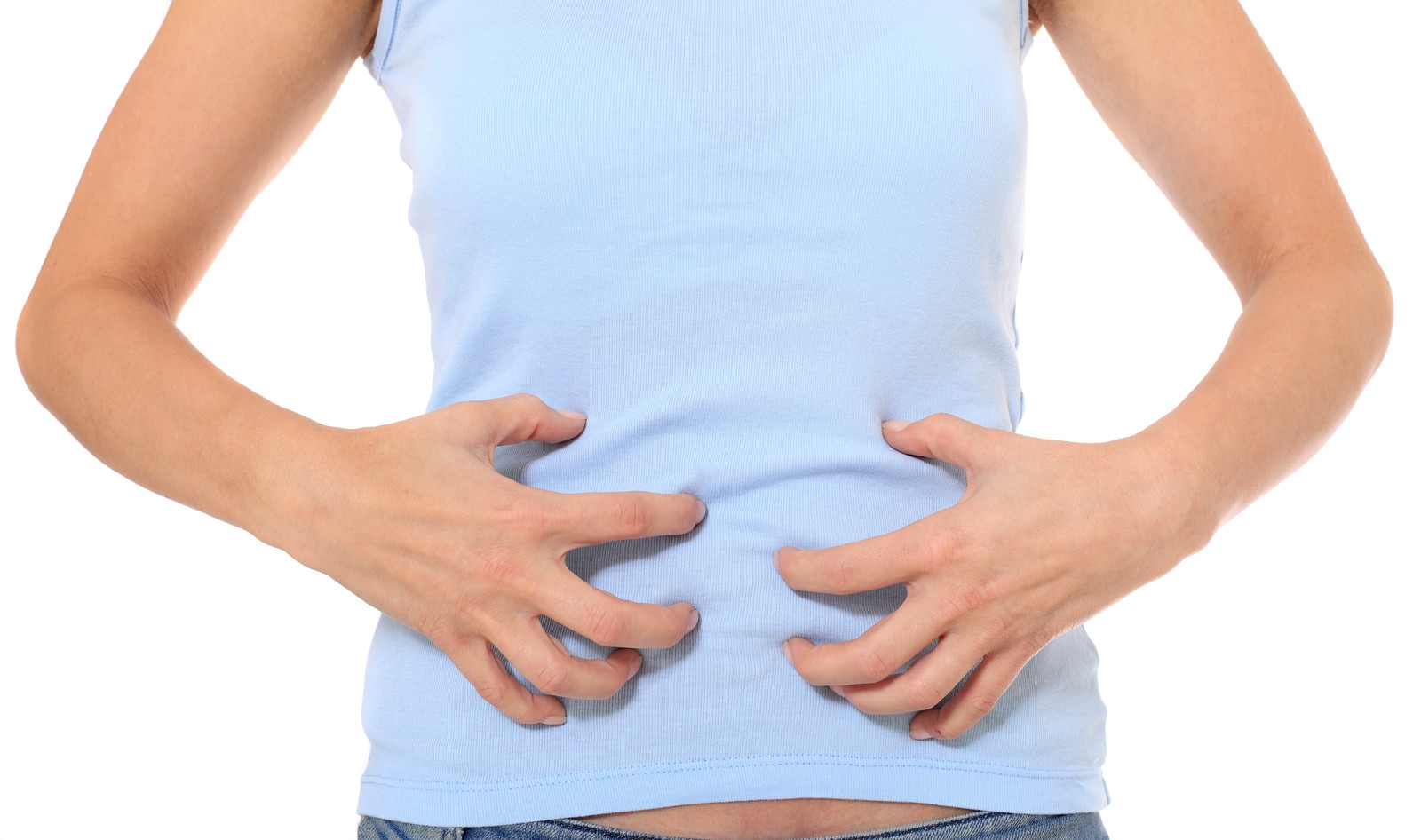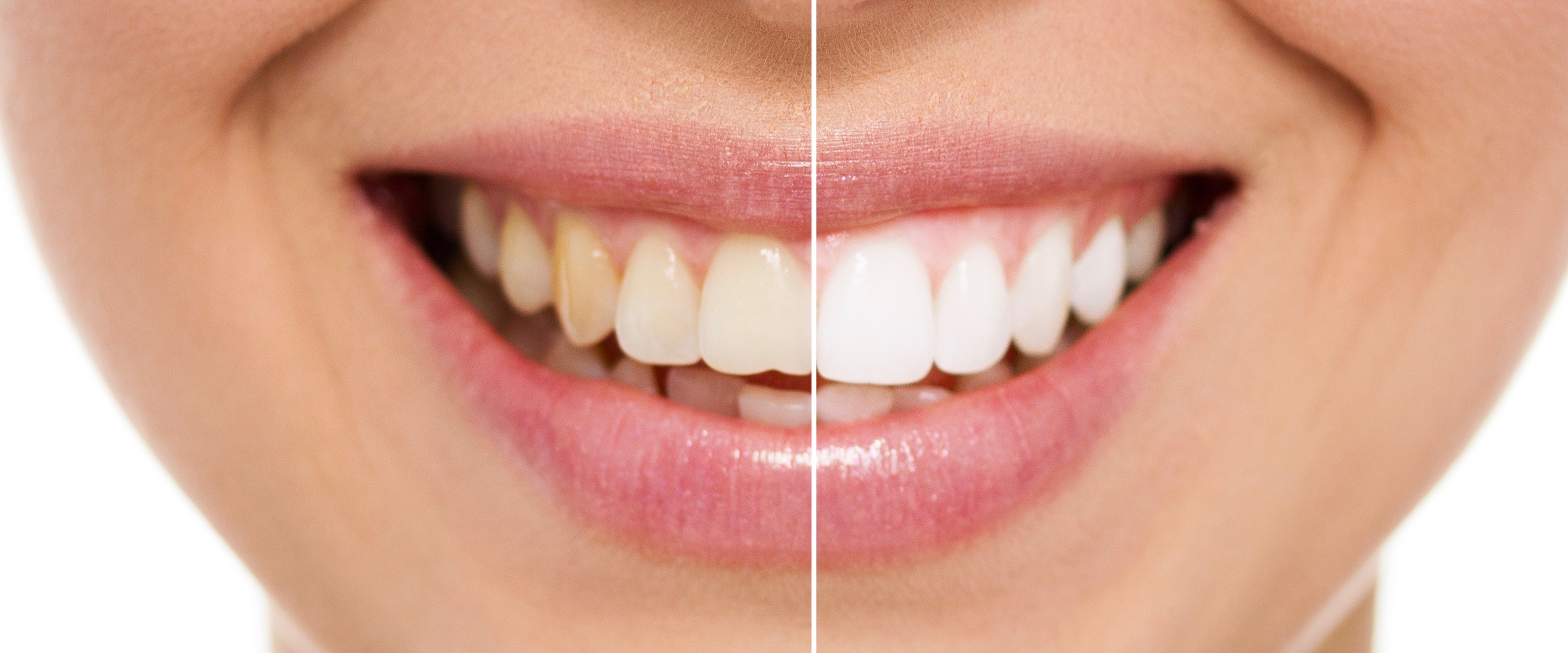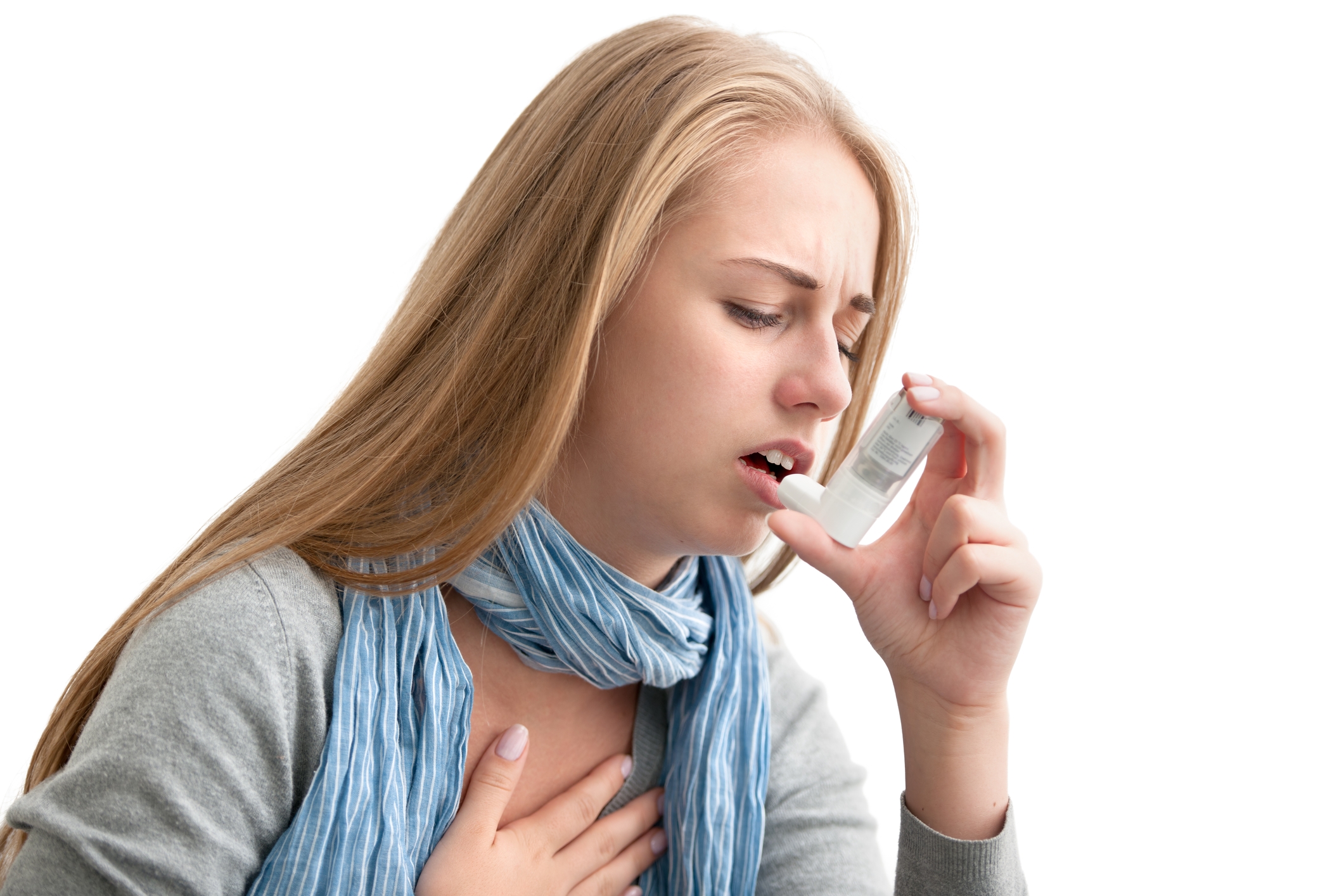
MENTAL DISORDER-(SHOCK)
SHOCKShock is inadequate circulation of blood and oxygen to organs or tissues because of blood loss or dehydration, weak action of the heart, or dilation of the peripheral blood vessels.
Septic shock comes from bacterial infection. Anaphylactic shock comes from allergic reactions. Electric shock comes from exposure to live electric current of lightning.Read More



